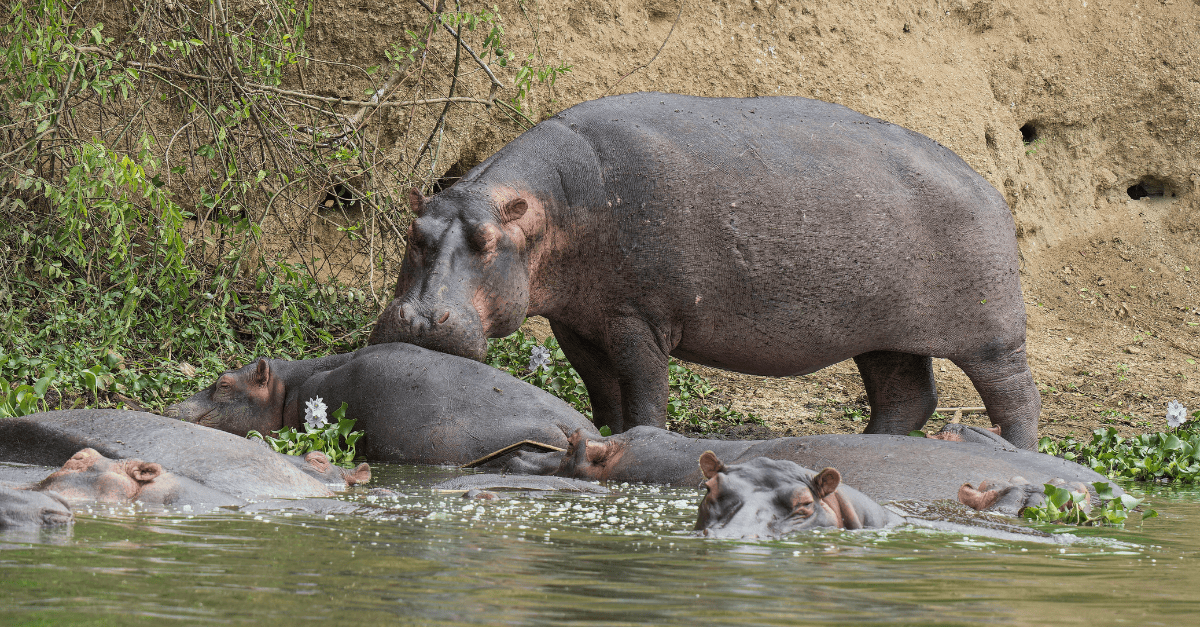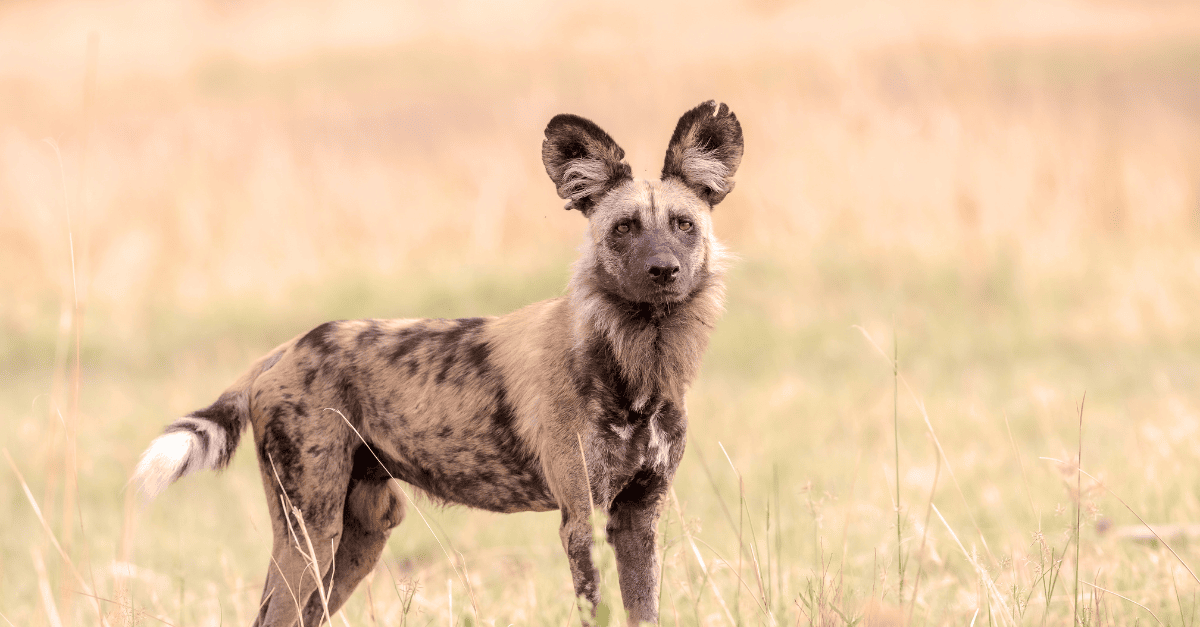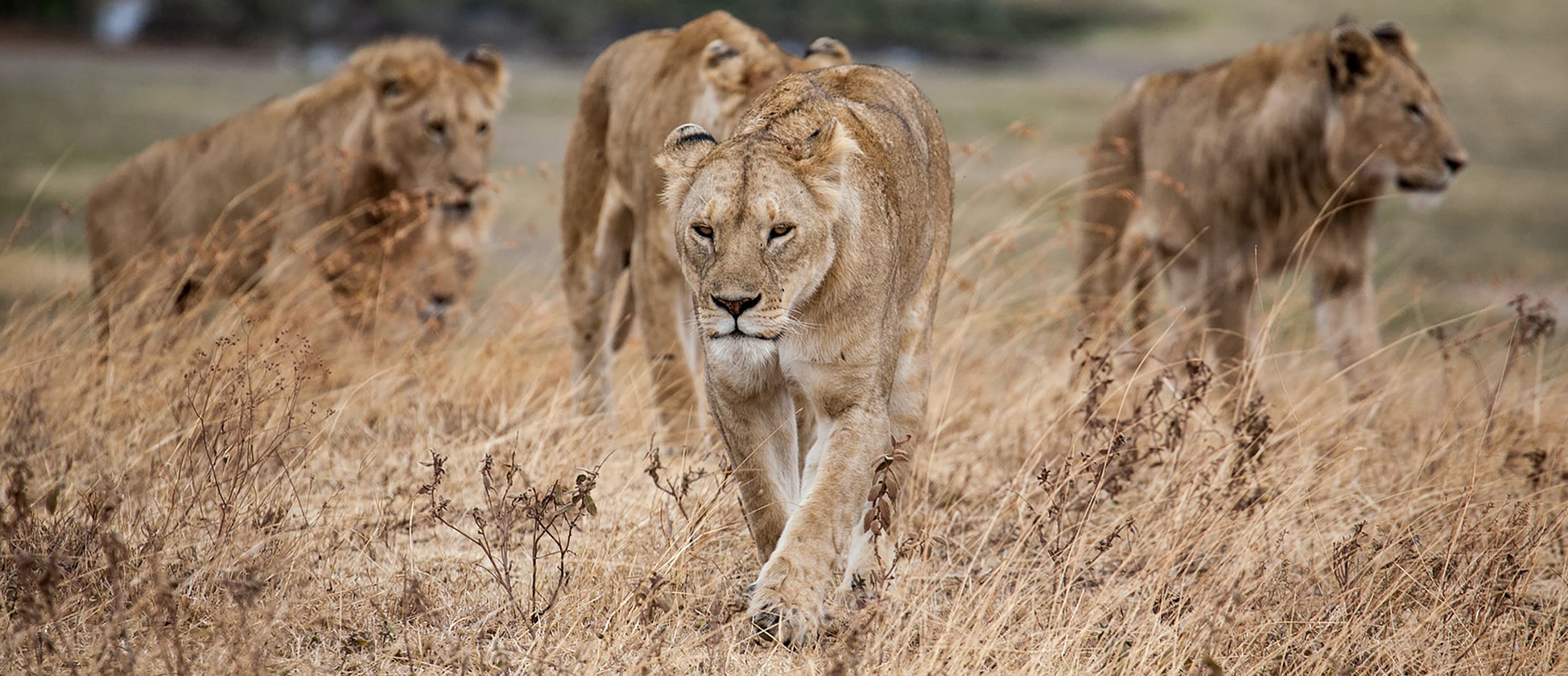Statement submitted in consultative status with the Economic and Social Council in the run-up to the High-Level Political Forum, 13 – 16 July 2021:
COVID-19 has brought into focus how current practices present risks not only to our health, but to economic wellbeing as well. COVID-19 has halted and possibly reversed progress on the 2030 Agenda for Sustainable Development, and we cannot afford to risk another pandemic like it.
Preparedness is not enough. It is critical that sustainable and resilient recovery plans work to prevent future pandemics. This can be done by recognizing the intrinsic relationship between humans, animals and the environment and adopting a One Health/One Welfare approach.
As an organizer of the Animal Issues Thematic Cluster, a coalition under the Non-Governmental Organization Major Group demonstrating how the care, protection, and conservation of animals contributes to sustainable development, we propose action in three areas aligned with the 2020 UN Environment report “Preventing the Next Pandemic”. These actions will reduce the risk of future pandemics and contribute to the implementation of many Sustainable Development Goals (SDGs).
1) Reorient food systems to ensure that all people have access to sustainable and healthy foods, which are higher in plant-based foods and lower in animal products.
This transition requires shifting subsidy and tax architectures, increasing consumer awareness, implementing labelling schemes and creating standards for public procurement. Taking this action lowers zoonotic risk by reducing the number of animals produced for food and contributes to SDGs 2,3,6,8,10,12,13,14, and 15.
2) Transition to more sustainable, safe and humane production systems.
Intensive farming systems house thousands of genetically-similar, stressed animals in cramped conditions and use large amounts of prophylactic antimicrobials, creating the perfect storm for rapid disease evolution and transmission.
Transitioning from this type of farming requires producers to stop using caged systems, lower stocking densities, focus on robust breeds, and take a health- and welfare-oriented approach to animal husbandry. It requires the transition to agro-ecological practices and regenerative agriculture. Taking these actions lowers zoonotic risk by increasing animal health and welfare and contributes to SDGs 2,3,10,12,14 and 15.
3) End the exploitation of wildlife.
Overexploitation of wildlife is a key driver of biodiversity loss and puts humans in close contact with wild animals throughout the supply chain. Phasing out farming of wild animals, ending long-distance transport, implementing a just transition enabling those involved in the commercial wildlife trade to access safe and dignified work, stopping the sale of live animals at markets, creating a strong regulatory framework and taking steps toward the end of the commercial trade altogether, while respecting Indigenous Peoples and customary uses, are important steps.
Taking these actions will reduce human exposure risks from wildlife and contribute to SDGs 3,4,8,12,15, and 16.
These policies will reduce the risk of future pandemics, contribute to the SDGs, and lay the foundations for a resilient recovery, but they require investment and new and innovative partnerships. It is clear that business-as-usual is no longer an option. By reorienting our interactions and relationships with animals we safeguard our future while creating a world in which “humanity lives in harmony with nature and in which wildlife and all other living species are protected.”
Information on the ECOSOC High-Level Segment here and the High-Level Political Forum on Sustainable Development here.





